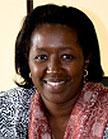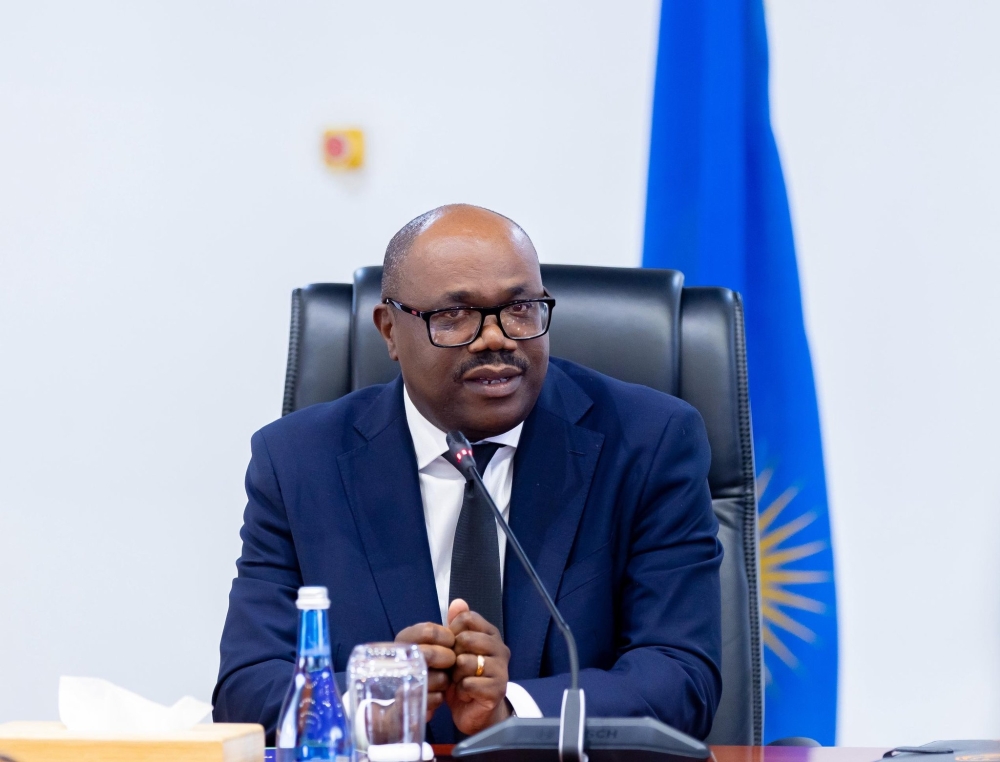The traditional definition of public health has often been relatively narrow and focused on siloed programmes, or the management of health for quick “cost-effective” impact.


The traditional definition of public health has often been relatively narrow and focused on siloed programmes, or the management of health for quick "cost-effective” impact.This definition cannot suit Rwanda’s approach to public health, as we know that the ultimate end of our programmes must be to break the cycle of poverty and disease. This means managing in a high value way for supporting sustainable development, and this begins with always accounting for the cost of inaction.Rwanda, today, is led by a leader who, in my point of view, runs the country efficiently as a value-driven private enterprise for sustainable and equitable economic growth. He will lead us to a middle-income country by 2020. To support Vision 2020, our health laws, policies, strategies, and implementation approaches must be oriented towards breaking the cycle of poverty and disease that pulls down development. It is important to keep in mind that some "quick win” interventions can, in fact, be the enemy of sustainable development when they are not designed thoughtfully and with the larger context in mind. This week, 37 officials and professionals from the Ministry of Health, Rwanda Biomedical Centre, and CHUK gathered with faculty from Harvard Medical School in Rwinkwavu, Kayonza District, for the inaugural Global Health Delivery in Rwanda course. Led by my dear friend, Paul Farmer, Kolokotrones Professor and Chair of the Department of Global Health and Social Medicine at Harvard Medical School, the top-ranked American university has pioneered a new approach to global health partnership by teaching this course outside of the United States for the first time and bringing it to the heart of Africa.To make this course possible, Harvard has sent a team of professors to Rwanda, and the Ministry of Health has availed its training facilities in Rwinkwavu, to host the course with the support of Partners In Health/Inshuti Mu Buzima. This partnership has created a unique and collaborative learning environment that will pay dividends throughout the entire Rwandan health sector and beyond.Last Sunday, young professionals and programme managers were trained to be faculty members for future offerings of the Global Health Delivery in Rwanda course, learning how to share their experiences, to conceptualize their work using strategy and value analysis, and how to write their own cases to teach colleagues from around Rwanda and soon from around the entire world.This course is about strategic thinking for better service delivery all along the cascade of services in the pursuit of optimal outcomes of prevention, care, and treatment. Students, faculty in training, and faculty exchange on techniques for better understanding the value added by each step within the cascade. For example, in our day-to-day management of the health sector, we realize the need to revise the usual approach on access by focusing on actual provision. Having an open door is sometimes not enough to meet the needs of the most vulnerable; sometimes, we must bring the services directly to them. We must also work towards a paradigm shift around traditional notions of cost effectiveness by emphasizing measurement tools that account for the impact of population health status on the country’s sustainable development process. This means implementing the health sector’s vision through a holistic approach driven by evidence-based and person-centered policies that are evaluated by rigorous monitoring, just as we would in building and sustaining a successful business. The inaugural Global Health Delivery in Rwanda course ran from February 19 and is expected to end today. It will be offered twice per year from now on. I expect it to bring great things to Rwanda in the coming years. The author is Rwanda’s Minister of Health and Senior Lecturer, Harvard Medical School




